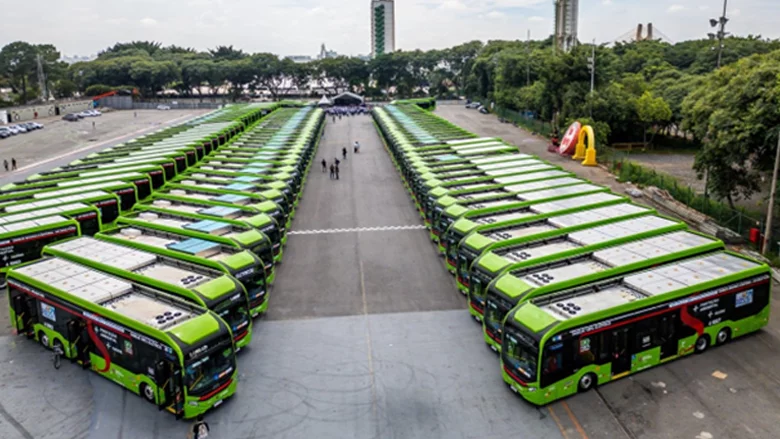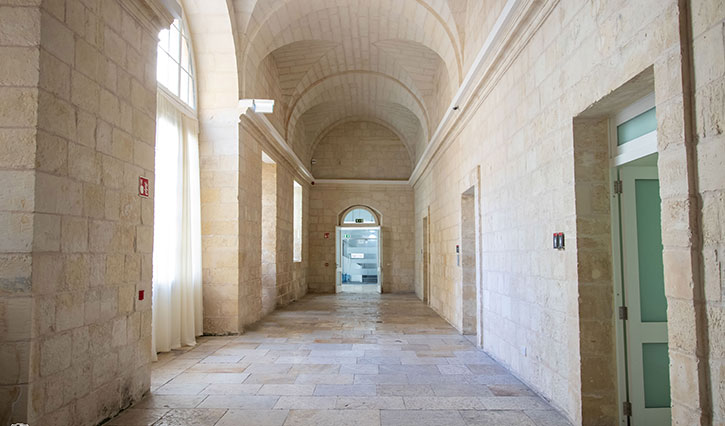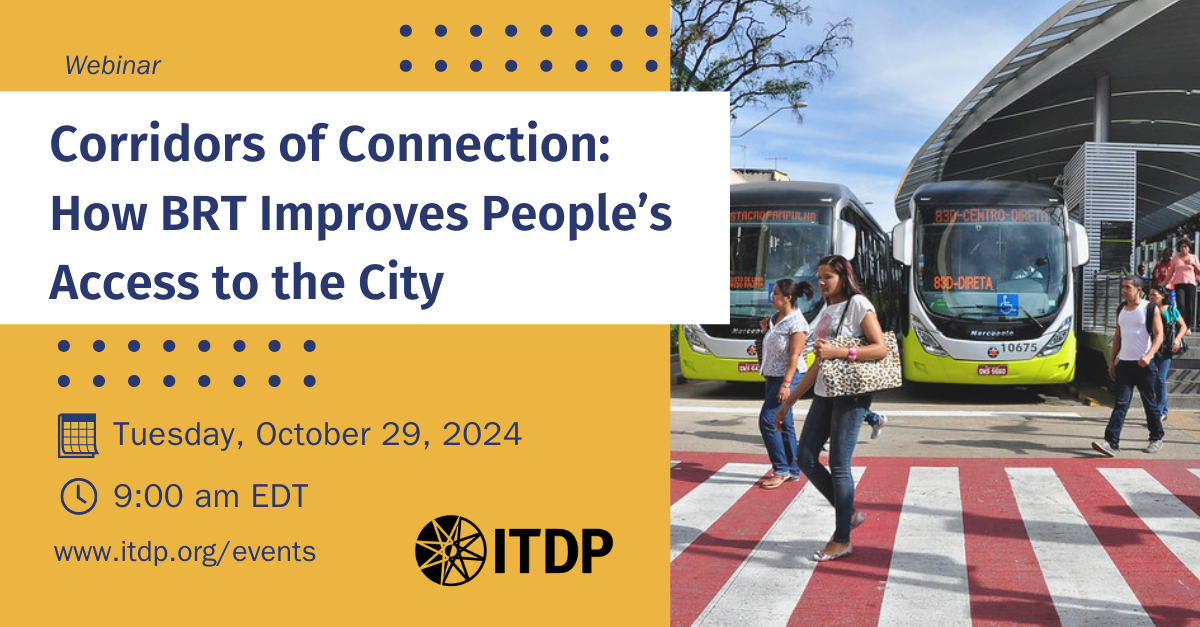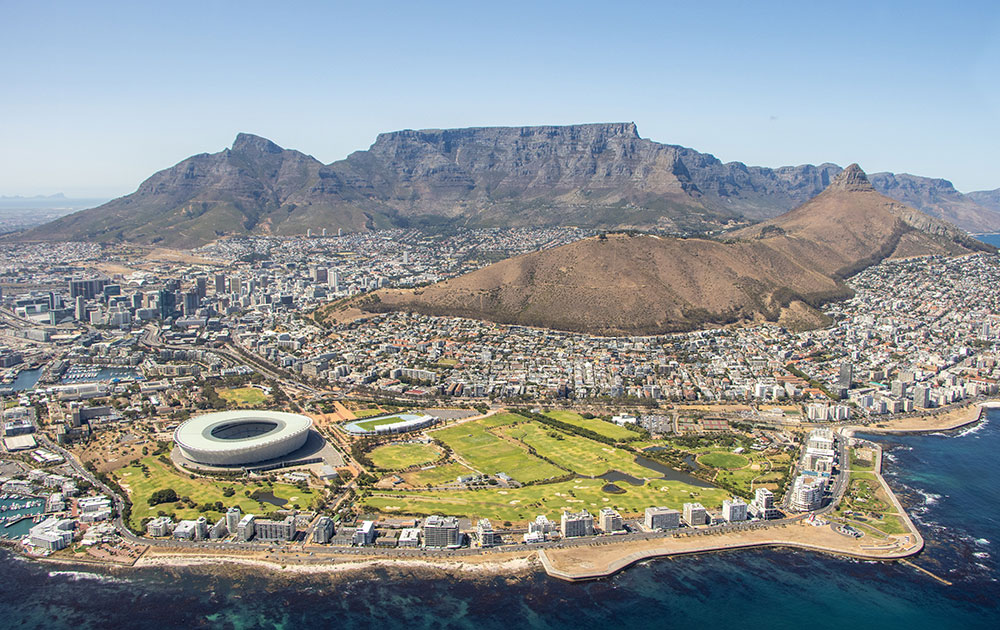Guangzhou, China was the stage last October 20 and 21 of the «International Workshop in Bus Rapid Transit». The event was organized for the first time together in what is hoped to be a long term relationship, between the BRT Centre of Excellence and the CUSTReC Centre of Excellence of the Chinese Academy of Transport Science. Juan Carlos Muñoz, Darío Hidalgo, Brenda Medeiros, Juan Miguel Velásquez and Sebastián Raveau participated as members of the BRT CoE.
The Director, Juan Carlos Muñoz, presented about the motivations that lead to think about a BRT system, reminding that the ultimate objective is to offer a transit level of service equivalent to a surface Metro. It is important that the different public transport modes collaborate in order to offer the user a complementary, coherent and quality system. Accordingly, the bus systems should exploit the additional flexibility that they embody by not having to be tied to specific road axis. Finally, Juan Carlos discussed the challenges that the BRT need to tackle with innovation to achieve a better service, increase its capacity while reducing its costs.
Our EMBARQ members also presented some of the research topics on BRT that our Centre has conducted. Dario Hidalgo talked about some the main breakthroughs in BRT development and technologies, with an special emphasis on Latin-American cases, from which Chinese cities could learn from. Brenda Medeiros presented the successful Brazilian experience on BRT development, in the context of the 2014 FIFA World Cup, and the future projects to be undertaken. Finally, Juan Miguel Velásquez presented a study about the social, environmental and economic impacts of BRT implementation, with study cases from Colombia, Mexico, Turkey and South Africa.







